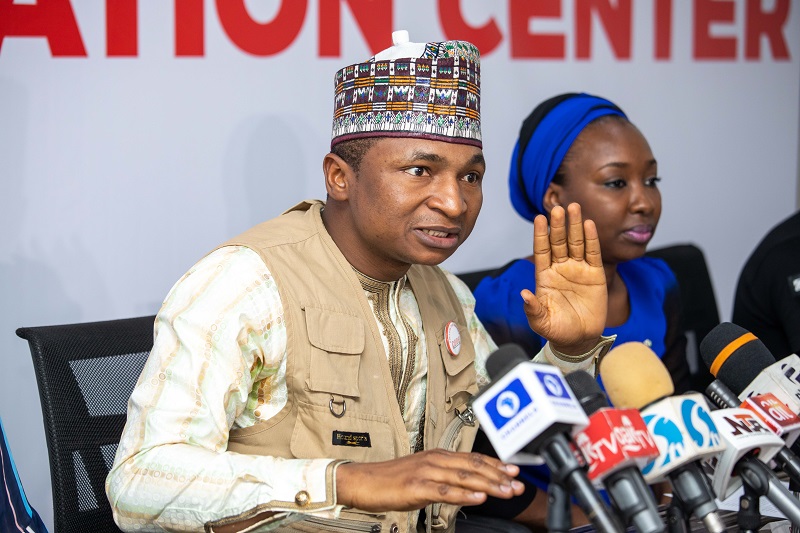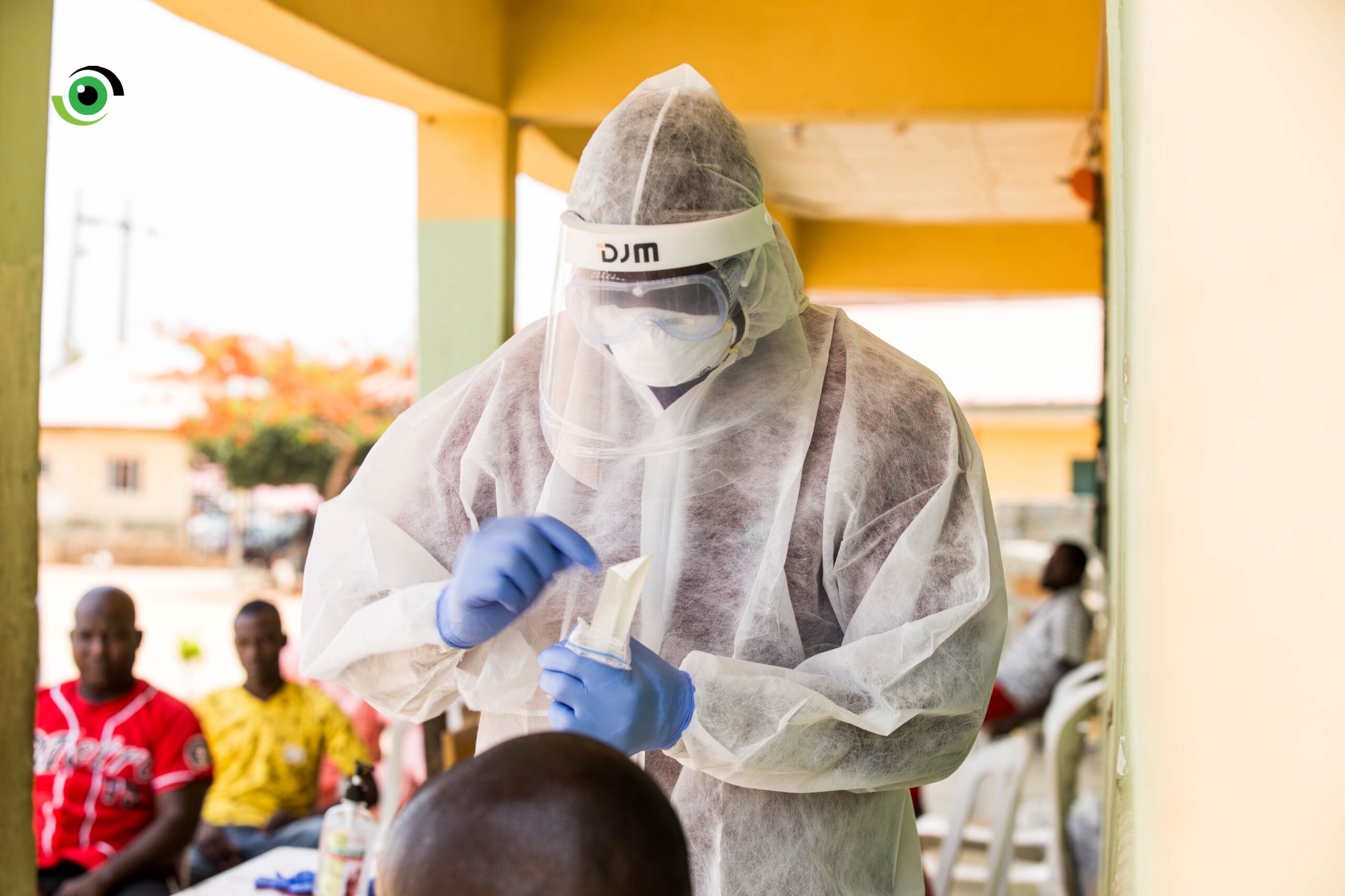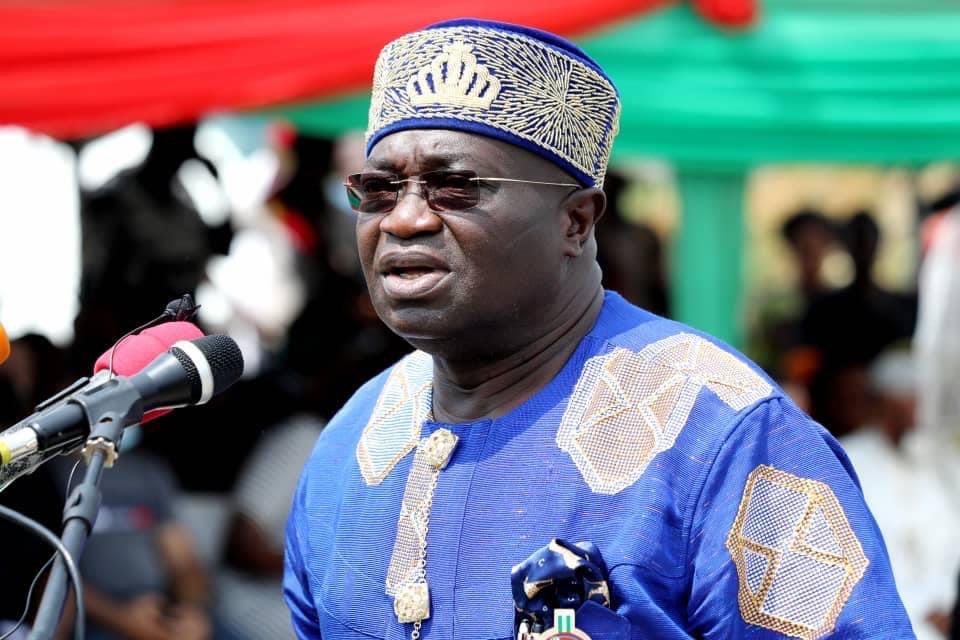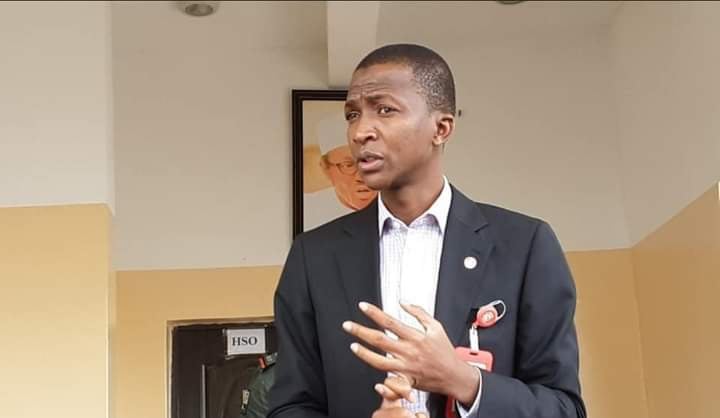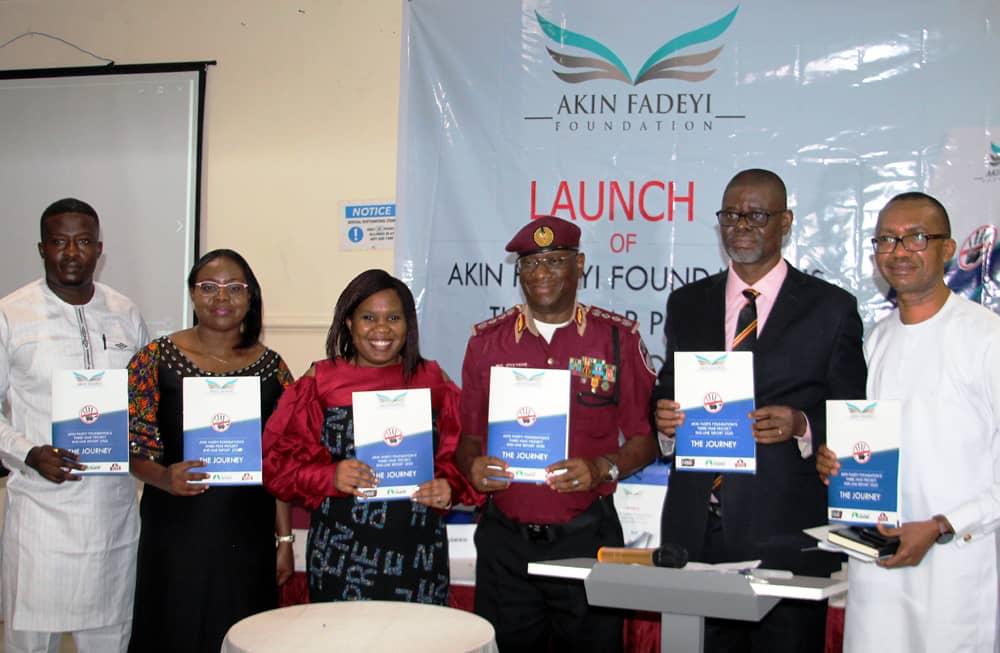BY SEUN DUROJAIYE
Between 2003 and 2009, Global Funds, an international organization on a mission to accelerate an end to global health challenges, approved over $682 million in grants to several Non-governmental organisations (NGOs) in Nigeria to aid its fight against HIV/AIDS, malaria and tuberculosis. By 2010, following an audit, it was discovered that 10 out of the grant-awarded organisations misused the funds and couldn’t account for their spending.
Most recently, in March, the office of the inspector general of the Global Funds (OIG) published an investigative report exposing Zenith Carex, a Nigerian firm subcontracted to distribute health commodities across Nigeria for inflating invoices resulting in over $3.4 million in non-compliant expenditures charged to the Global Funds.
Whether it’s an NGO driving social impact or a subcontractor inflating invoices and cutting corners, there seems to be a perceived notion of fraudulence when it concerns foreign grants and sadly, an end to this culture is not yet in sight. This financial recklessness on the part of civil society organizations and NGOs in Nigeria has continued unabated, as many of them not only fail at the transparency they preach but also do not exhibit the utmost accountability that is expected of them.
There are beliefs that people now set up NGOs for personal gain instead of focusing majorly on the globally acceptable ethical standard in discharging their duties. Donors often encounter so many founders mismanaging their funds. This has increased suspicion and even affected the credibility of other NGOs that are transparent in their dealings. In fact, donors now exert more scrutiny due to the growing culture of financial impropriety.
Advertisement
Just recently, FIJ reported how International Planned Parenthood Federation (IPPF) released about $40,000 (N16million) to 25-year-old Jeremiah Offor, who acting as country coordinator of the now-defunct Nigeria Chapter of the International Youth Alliance for Family Planning (IYAFP), submitted a proposal seeking $78,748 fund to help adolescent girls in Borno State access safe abortion.
However, it was alleged that the project was never executed and Offor went on to manufacture a narrative report for the first half of the year 2020 to ensure the release of a second tranche of $30,000. It was after the release that Offor’s fraudulent activities became known.
Like Offor, a worrying percentage of individuals running NGOs in Nigeria, have in the past been indicted or exposed for misusing funds donated for projects and even as they suffer the consequences when caught, there are repercussions for other NGOs who actually set up to do the work because they have to deal with higher level of scrutiny from donor agencies.
Advertisement
Curiously, a few Nigerian NGOs have found ways to ensure commendable levels of transparency and accountability with the funding they receive. On visiting Connected Development (CODE)’s website, one immediately observes that the Organisation upholds and practices the same level of transparency it demands from the government through its work.
With a clear mission to empower marginalized communities in Africa, CODE has shown that whoever comes with equity must come with clean hands, hence it has continued to publish its financial reports on the website annually.
Another NGO known for its openness is the Civil Society Legislative Advocacy Centre (CISLAC). Having been in practice since 2006, CISLAC is the National chapter for Transparency International, therefore it is obligated to publish its annual financial reports on its website. According to a source who pleaded for anonymity CISLAC prides itself on implementing four levels of accountability: Upward – responsibility towards funders, donors and government institutions; Horizontal – responsible with project partners and peers; Downward – responsible towards its beneficiaries and the target audience; Internal – answerable to her own employees and CISLAC’s mission.
With foreign aid, some NGOs in Nigeria have gone on to improve the lives of millions of people but when funding or support received is diverted, the direct implications are insurmountable.
Advertisement
Throughout history, foreign aid has been an important economic growth factor. Although it has its disadvantages, including entrenching dependency, its advantages in contributing to the social, economic and political growth and infrastructure of underdeveloped or developing countries can’t be ignored. For many decades, Nigeria has significantly benefited from foreign aid but blatant corruption, funds diversion and fraud have limited and otherwise truncated the progress and development these contributions are provided for.
Between 2015 and 2020, Nigeria received $26.942 billion development assistance fund from international donors according to the Minister of State for Budget and National Planning, Clement Agba. However, development projects that these funds were meant to address have worsened over time — there’s been a worrying increase in insecurity, a lower percentage of school enrollment, and bad state of healthcare infrastructure and service around the country, especially in the wake of COVID-19.
It is clear that the issue is beyond the management of funds. A lack of accountability and transparency in how these funds are disbursed constitutes a gap in whether or not development in any sector is achieved.
If NGOs design models to foster transparency in governance, how do they apply the same standard in their own dealings? When NGOs fail to be accountable and transparent, they create room for doubt and insincerity.
Advertisement
As a result, transparency becomes an extremely important factor that allows every NGO to maintain a trustworthy reputation. It doesn’t only ensure compliance but it also gives international funders and partners trust in supporting the work that is being done to better the country and society. Essentially, tracking the path of each Naira that flows in and out of an organisation should be achieved with open accounting practices.
Durojaiye is a journalist and founder of Social Voices, a digital publication for the practice of public service journalism.
Advertisement
Views expressed by contributors are strictly personal and not of TheCable.
Add a comment
